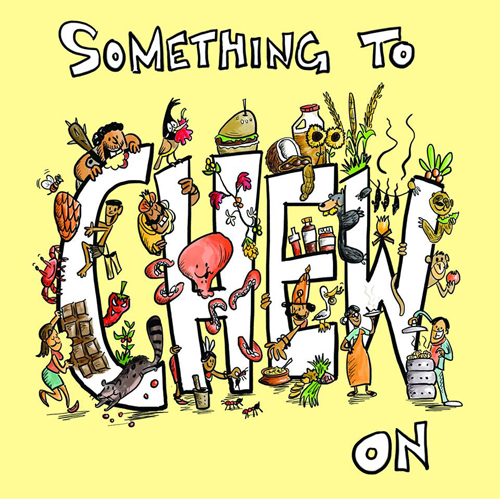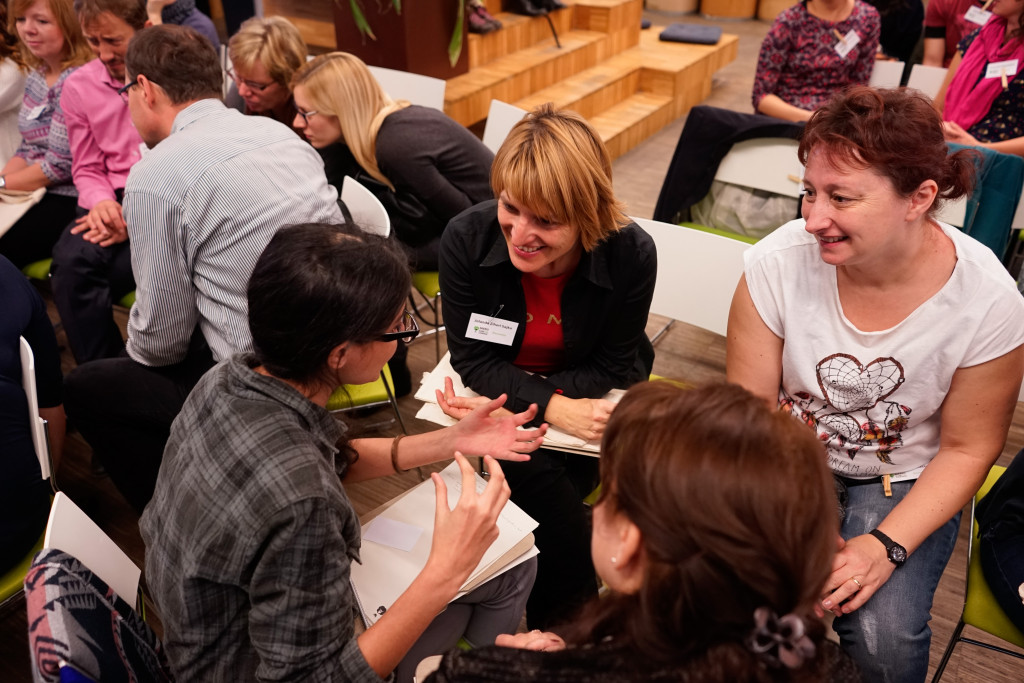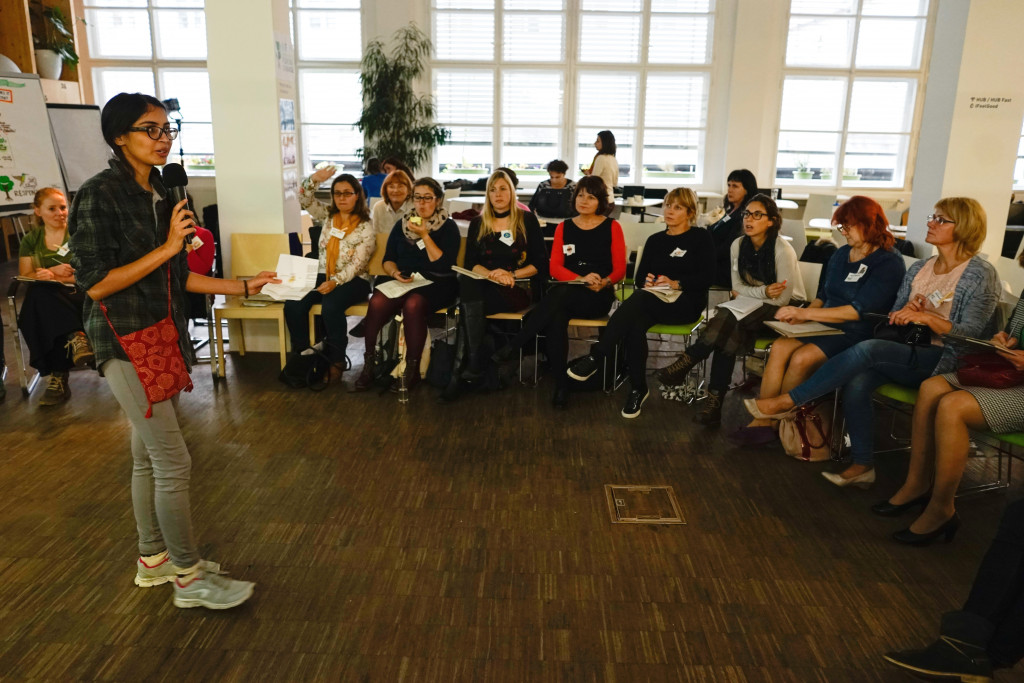Shiba Desor is an Indian researcher focusing on environmental issues. As both a researcher and activist she has been involved in the conservation of forests under the care of local communities. For the past few years she has been interested in human’s life-long relationship with food. Recently, she and three other colleagues published a book about responsible consumption for children in which she speaks about different aspect of our food systems and agriculture, including seeds.
The video recording of the interview can be found at the end of the article.
What do seeds mean to you?
A seed is the beginning of life: it’s a miracle, it’s magic. It has life within it and also gives you hope that something better will come. Politically, seeds are also a main source of sovereignty for farmers in India. Having control of their own seeds is very important. The diversity of seed and not having just one variety of a particular crop is also very important, especially in the face of climate change and environmental degradation, which combine to create a very unpredictable situation.
We also have your new book with us. What does it say about seeds?
This book is called Something to Chew On, and it is for children. Through comics and simple text we try to address different issues relating to our food, including the environment, health, even ecological justice. What you are looking at now shows why seed savers are so important. Real seed savers are the farmers who keep on growing traditional seeds in their fields.

Cover of the new book Something to Chew On.
If I understood well, it’s important that farmers are not obliged to buy new seeds all the time. Is this possible in India today?
I think it is possible. And in a lot of different forms of agriculture being practiced in India today, it is still happening. Seeds were not bought from the market for more than 7,000 years of agriculture. This industrial agriculture form is very new and has its own problems of creating debt traps for farmers. Because of that it is important to look at other alternatives. There are people who have been doing it all their lives. But there are the others who have gone back to it. And new forms of community sharing are emerging to challenge other problems.
Here at the forum everybody is speaking about Menu for Change. What does it mean in your opinion?
Menu for Change means stopping to think about how my plate is connected to the planet. How I am connected to another person in another part of the world, and how we are all connected to each other through food. If you go deeper, it has economical, political, social and ecological significance.

Shiba Desor discussing with teachers from Slovenia.
Can you tell me what the name of your NGO means in the Indian language?
My NGO is called Kalpavriksh, and it means a wish-bearing tree. It’s a mythical tree that takes care of all your wishes. It’s a dream tree.
What is or could be “fruit of life” like for today’s agriculture and food system?
In today’s agriculture it is important to respect the diversity of cultures within agriculture, the diversity of traditional system of local knowledge. Not going in any one direction without too much speed and force. It’s important to respect ecologically sustainable and socially just methods of production, which is the only forward if you want to have a resilient system.

Shiba Desor during her workshop.
What are your plans or the plans of your organization for the coming weeks and months?
Our organization works on different environmental issues. One of the main issues is looking at some alternatives to the mainstream economically-driven paradigm of development. We are trying to bring together two regional and national gatherings called Vikalp sangam. During these gatherings people who work in different fields on positive initiatives share with each other through cross-learning. Last month we had an alternative conference on food issues in a tribal region of Orrisa where people from all over the country came and shared these lessons, including farmers, forest-dependent people, even policy-makers and scientists. It was a great learning experience.
So it is important to discuss in the face of climate change, when many farms are endangered?
It is very important to discuss it not just with farmers, but also with conscious consumers. The discussion is important on all levels. The division between farmers, consumers and producers should be broken. They are equally responsible for what is happening.












